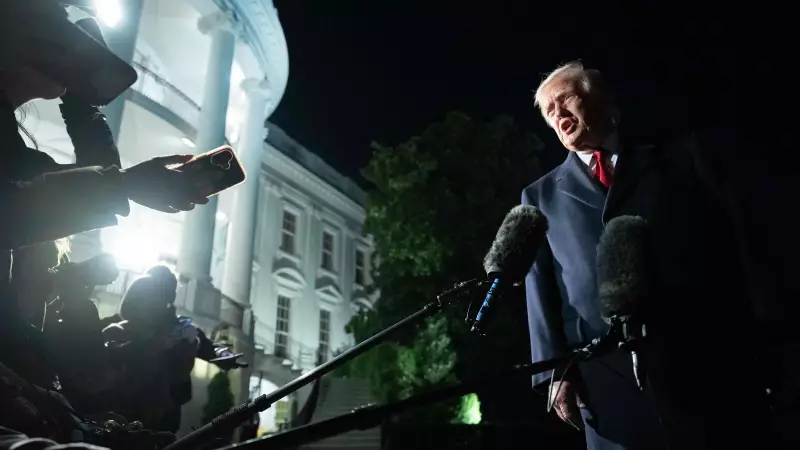
In a significant development that could reshape Asian geopolitics, former US President Donald Trump has indicated his intention to meet with North Korean leader Kim Jong-un during his forthcoming tour of Asia. This potential encounter marks what would be their first face-to-face discussion since their historic 2019 summit in Hanoi.
The Diplomatic Overture
Trump revealed his plans during a recent gathering with supporters, stating he had "put out the word" about his desire to reconnect with the reclusive North Korean leader. This announcement comes as Trump prepares for an extensive Asian tour that will include key regional allies and strategic partners.
Historical Context of US-North Korea Relations
The relationship between Trump and Kim has been one of the most unpredictable diplomatic narratives in recent history. Their initial 2018 meeting in Singapore produced a landmark agreement where Kim committed to working toward complete denuclearization of the Korean Peninsula. However, subsequent negotiations stalled, particularly after their 2019 Hanoi summit concluded without a comprehensive agreement.
Previous Summit Outcomes
- Singapore Summit (2018): First-ever meeting between sitting US president and North Korean leader
- Hanoi Summit (2019): Ended abruptly without agreement on sanctions relief
- DMZ Meeting (2019): Trump became first US president to step into North Korea
Regional Implications
This proposed meeting occurs against the backdrop of heightened regional tensions. North Korea has significantly accelerated its weapons testing program in recent months, while the United States has strengthened its military cooperation with South Korea and Japan. A renewed dialogue between Washington and Pyongyang could potentially ease military tensions across the region.
Current Political Landscape
Trump's diplomatic initiative comes as he positions himself for a potential return to the White House in the 2024 presidential election. His engagement with North Korea represents both a continuation of his previous foreign policy approach and a demonstration of his ongoing influence in international affairs.
International Response and Expectations
Regional powers including China, South Korea, and Japan are closely monitoring these developments. While some analysts view this as a positive step toward reducing tensions, others remain skeptical about North Korea's willingness to make meaningful concessions on its nuclear program.
The international community awaits further details about the timing and location of this potential meeting, which could significantly impact regional security dynamics and nuclear non-proliferation efforts in Northeast Asia.





